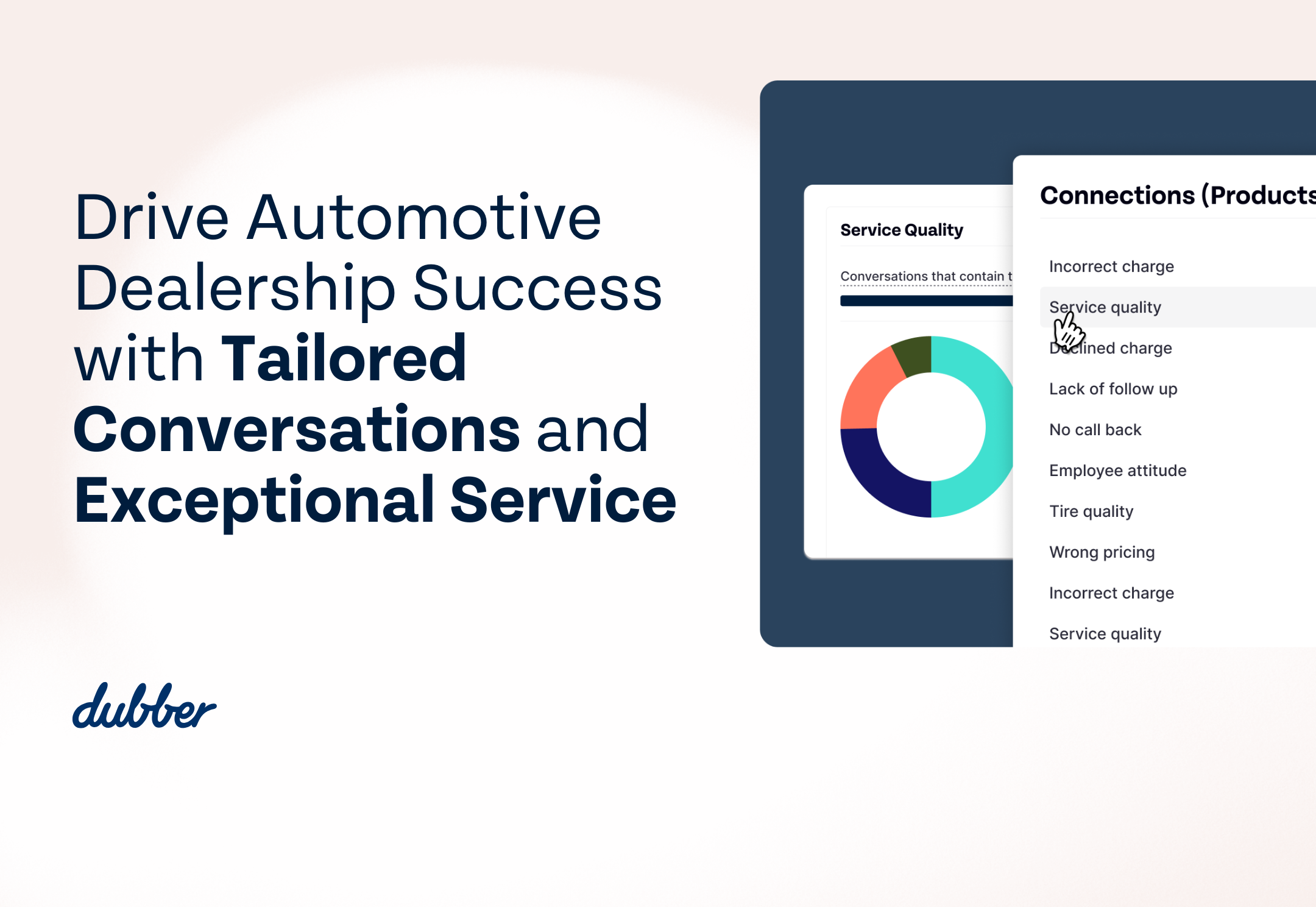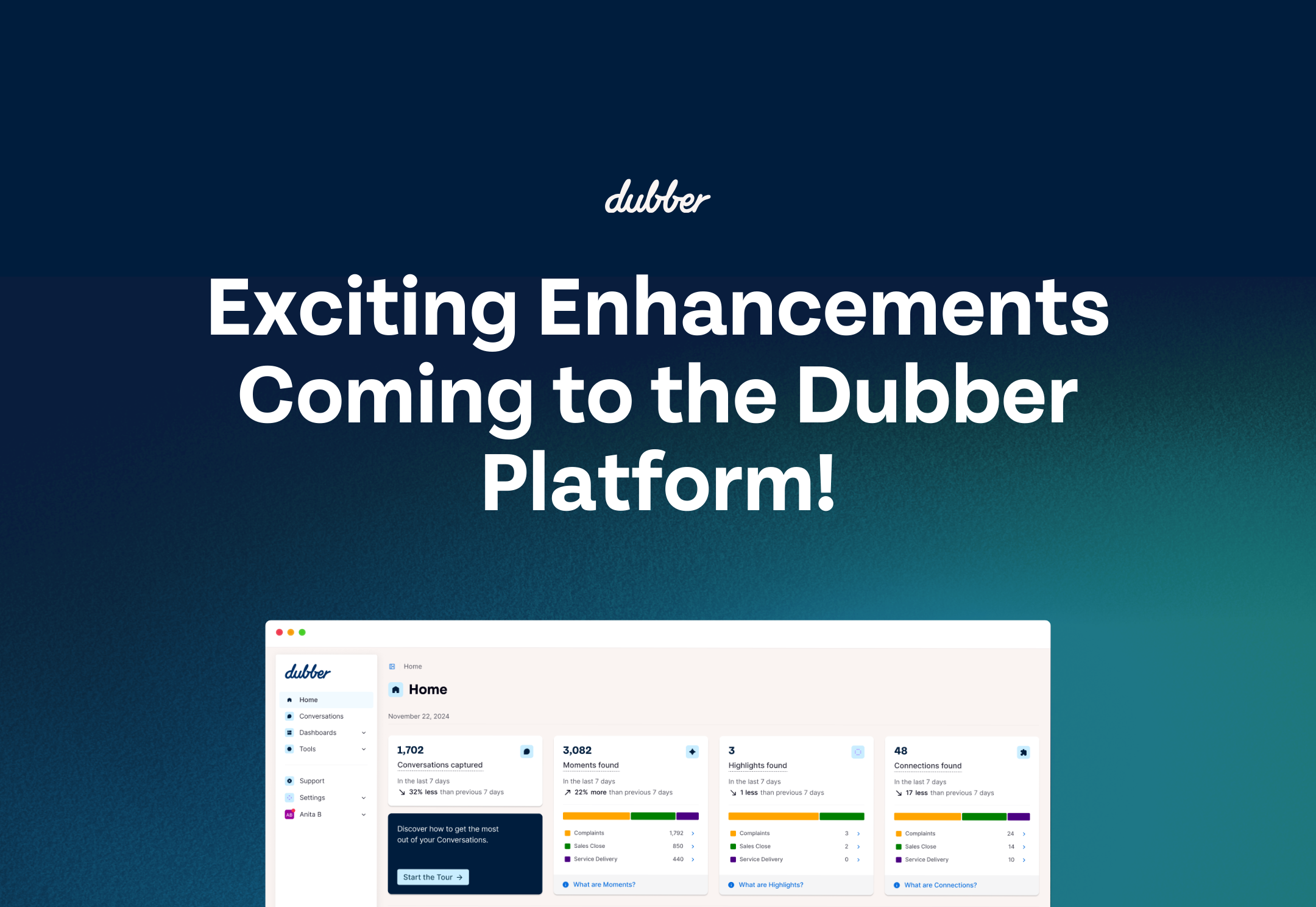

Financial compliance during Covid-19
Regulatory drivers such as MiFID II and the Dodd-Frank Act require the secure and accurate recording and long-term storage of conversations relating to financial transactions. Where once on-premise call recording that captured conversations made on fixed lines in an office were a partial, and expensive, solution to this directive, with many people working from home, they no longer offer full compliance coverage.
While web- and app-based recording may seem like a solution to this problem, these options can come with risks of insecure storage and can’t provide the instant discoverability required by regulators. The only way to record every conversation from a dispersed workforce is to find a solution that can record every call, no matter where it takes place.
Unified Call Recording enables organisations to meet compliance requirements by collecting and storing voice data at scale and across devices and channels. By recording directly from the service provider network, organisations can record calls not just from fixed lines but from mobiles and any IP connected device. It doesn’t matter where in the world employees are working from, the company can rest assured that their conversations will be accurately captured and securely stored in the cloud.
All voice data is protected with AES-256 encryption and is stored in regional data centres for sovereignty. There aren’t any limits on recordings or storage. Businesses can capture as many minutes of calls as they need and store them for as long as their compliance requirements specify. They can even set a limit on their data retention so that recorded calls are automatically deleted. This prevents businesses from holding on to old or outdated data for too long and ensures the information they have is relevant.
Compliance box ticked: what’s next?
Financial services organisations are looking for a solution that will reduce the cost and complexity of meeting compliance requirements. But as well as ticking the box for the compliance basics, they want to go above and beyond to ensure that their organisation is operating effectively.
What if their call recording solution could do more than just capture conversations? What if it used AI to allow a business to conduct its own investigations into employee conduct? What if AI transcribed each and every call, allowing users to search for a recorded conversation by a single word that was spoken?
Automation is the future
When every recorded call is transcribed, there is an accurate record of what was said that can be referred to in the event of an investigation. But this is just the beginning. Transcription can automate processes that can enable a more proactive examination of company practices.
Organisations can identify keywords that indicate policy breaches and create early warning systems through automated alerts for such keywords. Emails can be sent to supervisors to warn of suspicious activity and, through an API, these actions can trigger processes in existing business applications. Transcription also facilitates keyword search, allowing users to find conversations based on a word spoken during a call – just like an email.
Transcribing speech to text also opens up huge opportunities to learn more about an organisation’s customers and also their internal processes. Voice data can be exported to be integrated with other business data to get a 360º view of a company – allowing for analysis within business intelligence tools to identify trends and opportunities for improvement.
Get in touch with a member of the team to find out how financial services organisations are getting the compliance and performance edge with Dubber.

